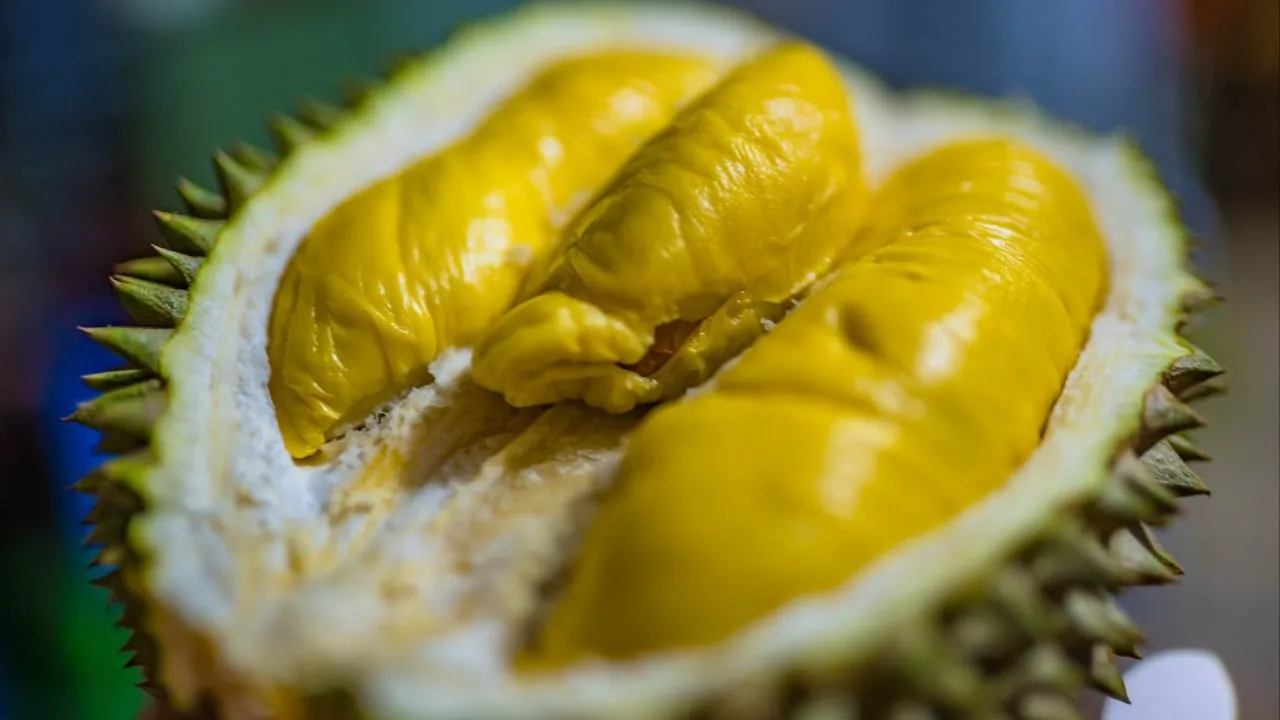Guangdong Society of Reform Discusses Malaysian Durian Trademark Implications

Durian Trademark Renewal: A Game Changer for China’s Market
China’s durian consumers, the world’s biggest fans of the spiky pungent fruit, are expected to find not only consistently stable quality but also higher prices with Malaysia extending the intellectual property status of its popular Musang King variety – a move that comes as Chinese authorities have suspended some imports from Thailand.
The Intellectual Property Corporation administrative body in Kuala Lumpur renewed a protection certificate until March 2034, according to the government-owned Bernama news agency.
Quality Assurance for Consumers
- Musang King “belongs to Malaysia” and cannot be claimed by durian sellers from other countries.
- Respect for Malaysia’s intellectual property status should help sustain prices.
- Trademarked durians ensure consumers are getting the real deal.
Chinese consumers buying trademarked Musang King durians will feel more confident that they are getting the real deal rather than a mislabelled fruit, said Lim Chin Khee, an adviser with the Durian Academy.
Market Dynamics and Consumer Sentiment
The fruits in question are not from southern Thailand, as China has not placed an all-out ban on Thai durians. Malaysia’s intellectual property renewal hardly guarantees the country a crown in the durian market, with increasing choices available to consumers.
- Durians from Thailand, Vietnam, and southern China have previously been sold under the Musang King name.
- China imported 1.4 million tonnes of durian last year, solidifying its position as the largest market.
- Malaysian durians aim to distinguish themselves through quality and branding.
Sellors seeking trademark protection use the Madrid System, with approvals extending worldwide.
As a prominent player in the durian market, Malaysia’s strategy will undoubtedly influence the dynamics between price and quality, securing a loyal consumer base in China.
This article was prepared using information from open sources in accordance with the principles of Ethical Policy. The editorial team is not responsible for absolute accuracy, as it relies on data from the sources referenced.